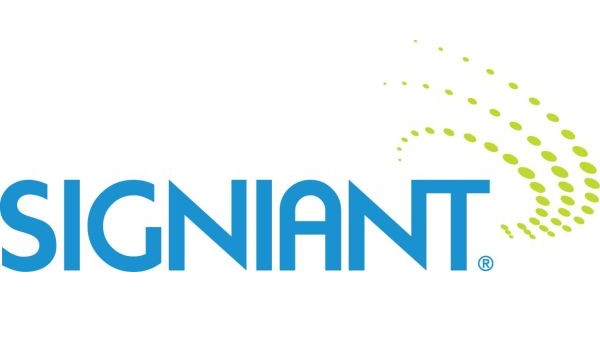The Bravest Man In Television
The professional video industry's #1 source for news, trends and product and tech information. Sign up below.
You are now subscribed
Your newsletter sign-up was successful
Jamie Kellner, chairman and CEO of Turner Broadcasting Systems (TBS), has taken a lot of heat lately for a comment he made last month during a dinner for AOL Time Warner (TBS's parent) and the media which took place during the NCTA show in New Orleans. Basically, after complaining that the "Big Four" networks only see a two percent return on their $18 billion in programming costs (that's $360 million), he suggested that those who use personal video recorders (PVRs) to zap commercials should pay for the privilegeÑto the tune of $250 a year.
While TiVo and ReplayTV owners freaked out over this, broadcasters, in the deep, dark seclusion of their post-NAB world, raised their heads and thought: "holy crap...someone finally said it in public."
Kellner stood up to the plate and said what almost every spot sales person, ad executive, station manager, and general manager has been thinking. And Kellner took the heat for it. Articles appeared in trade journals and respected consumer newspapers like the San Jose Mercury News, which stopped short of some nasty name-calling.
The point wasn't that this idea flies against everything a capitalistic economy stands for (as Dan Gillmor, the Mercury News technology columnist, pointed out, a newspaper can't make you pay more if you don't look at all the ads while reading its articles or browsing its website). It was about the idea, and the reaction to the idea. Lots of things used to be free, now they cost money (computer software companies come to mind, like PKWare). But this is free TV.
But Why?
Kellner argued correctly that commercial TV is a fragile business. The question isÑwhy? Is it because a technology that hasn't really taken off (yet) might have an effect? Advertising Age reported on a study by NextResearch which claimed that "viewers had about the same likelihood of watching commercials whether shows were live or recorded on PVRs. But 69 percent said they frequently used the PVRs to skip ads, up from 41 percent in the previous study." With minimal penetration and dismal ad revenues, PVRs can't be the cause of the fragility of the commercial television business. Then what is?
*Commercial Load: Maximizing profits means increasing commercial load. We all know that a good number of folks who watch a program don't watch the commercials, but in the good old days of the unconstitutional Television Code, commercial breaks were two minutes. I used to wonder if I had enough time to go to the bathroom when The Dick Van Dyke Show went to the commercial break. Now I can take a leisurely stroll to the executive washroom knowing that a mid-show break will probably be closer to five minutes or more, especially in a one-hour or longer program.
*Network Partnering: hese days (since the death of the fin-syn rules), in order to get a show on a network, the network has to be your partner, unless you've got clout. And in some cases, I've been told that shows with better audience tests are shelved in favor of network co-owned shows that don't test as well because of the profit potential of co-ownership and airing.
*Quality: As mentioned above, quality sometimes takes a backseat to profit. But why can cable networks like HBO and Showtime have better shows more often than commercial TV? I find it hard to believe that it's because they can show more violent action, partial nudity, simulated sex, and use more adult language. It might be that their programs are written and produced better. This doesn't mean that there haven't been great shows on commercial TV, just not a lot of them percentage-wise. Somehow, I don't think PVRs (or VCRs) are to blame. And to Mr. Kellner, thanks for being the industry whipping boy on this, we owe you one.n
The professional video industry's #1 source for news, trends and product and tech information. Sign up below.
